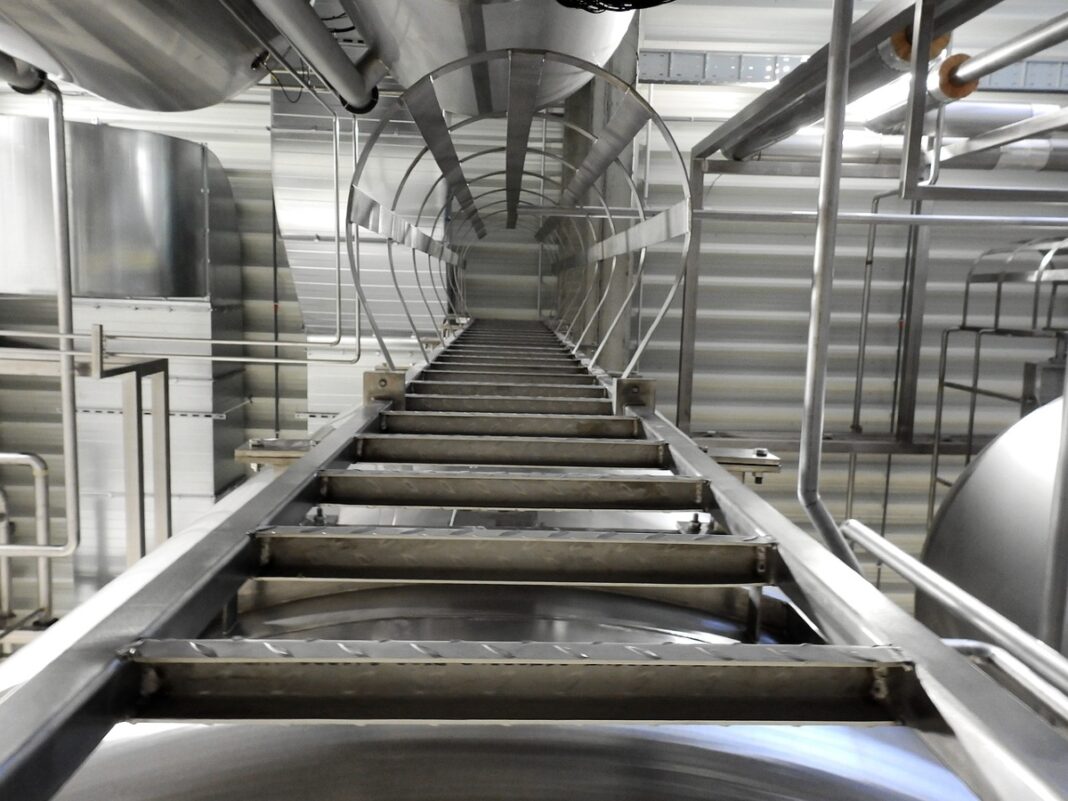A heated debate has erupted at the World Trade Organization (WTO) regarding steel safeguard measures implemented by the European Union (EU) and the United Kingdom (UK). India, China, and Russia, alongside five other members, strongly criticized the EU’s decision to extend its existing safeguard duties on certain steel products beyond June 30th. These duties were originally implemented in response to additional tariffs placed on EU steel by the United States in 2018.
The critics argue that the EU’s safeguard measure, and similar actions by the UK, violate WTO regulations. They advocate for collaborative solutions to address the global issue of excess steel capacity, emphasizing multilateral or plurilateral cooperation over unilateral protectionist actions.
The EU defended its stance, claiming evidence supports the necessity of the safeguard measure. However, countries like China, Korea, and Brazil countered this argument. Notably, Brazil specifically highlighted the importance of international cooperation in tackling the steel capacity issue.
Adding another layer of complexity, India previously threatened retaliatory tariffs against both the EU and UK for their safeguard measures. India proposed additional import duties on select EU products and similar customs duties on UK imports in response to their restrictions on steel products.
The UK has until June 30th to decide on extending its safeguard measures. WTO members further criticized the UK’s actions, alleging they failed to conduct a proper investigation justifying the measures according to WTO regulations.
The WTO’s Safeguards Agreement allows members to temporarily impose safeguard measures like higher tariffs under specific conditions. These measures can be used to protect domestic industries experiencing serious injury from increased imports. However, these safeguards must apply to all imports, not target specific countries, and have a maximum duration of four years. Additionally, developing countries with a minimal export share are exempt from such measures.
This situation highlights the ongoing tension surrounding steel trade and the potential violation of fair trade practices. As the June 30th deadline for the UK’s decision approaches, the future of steel safeguard measures and the global steel market remain uncertain.





